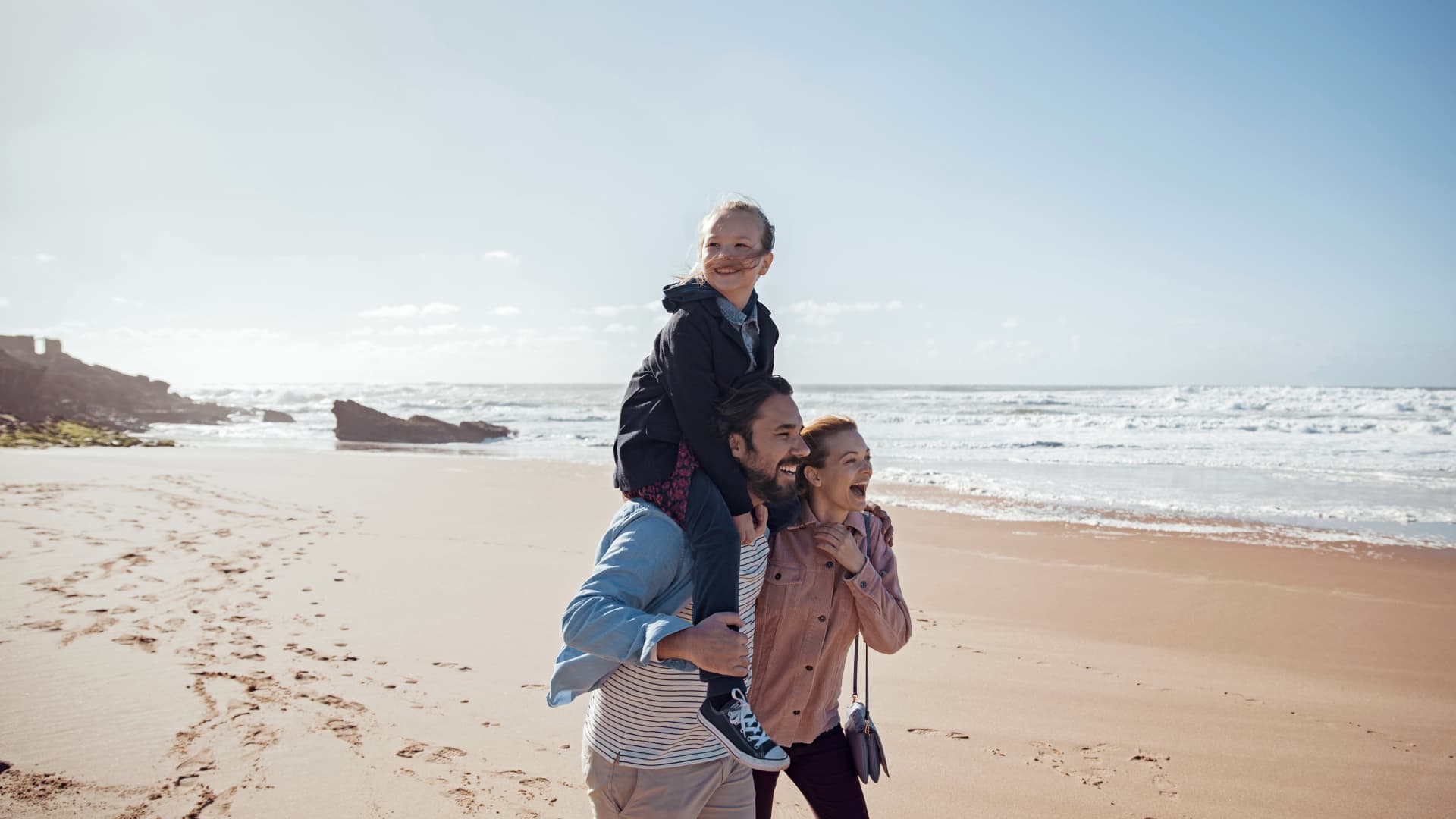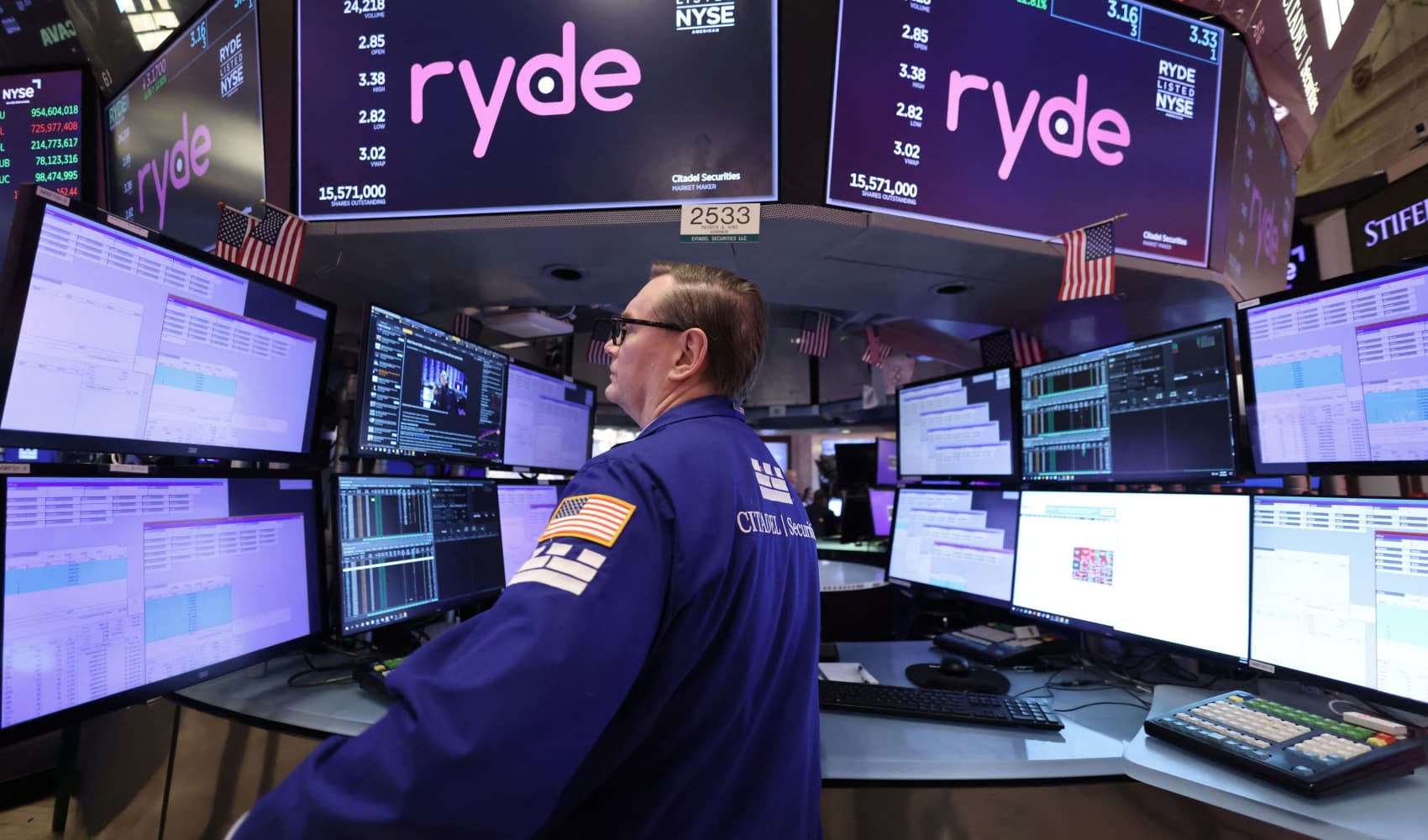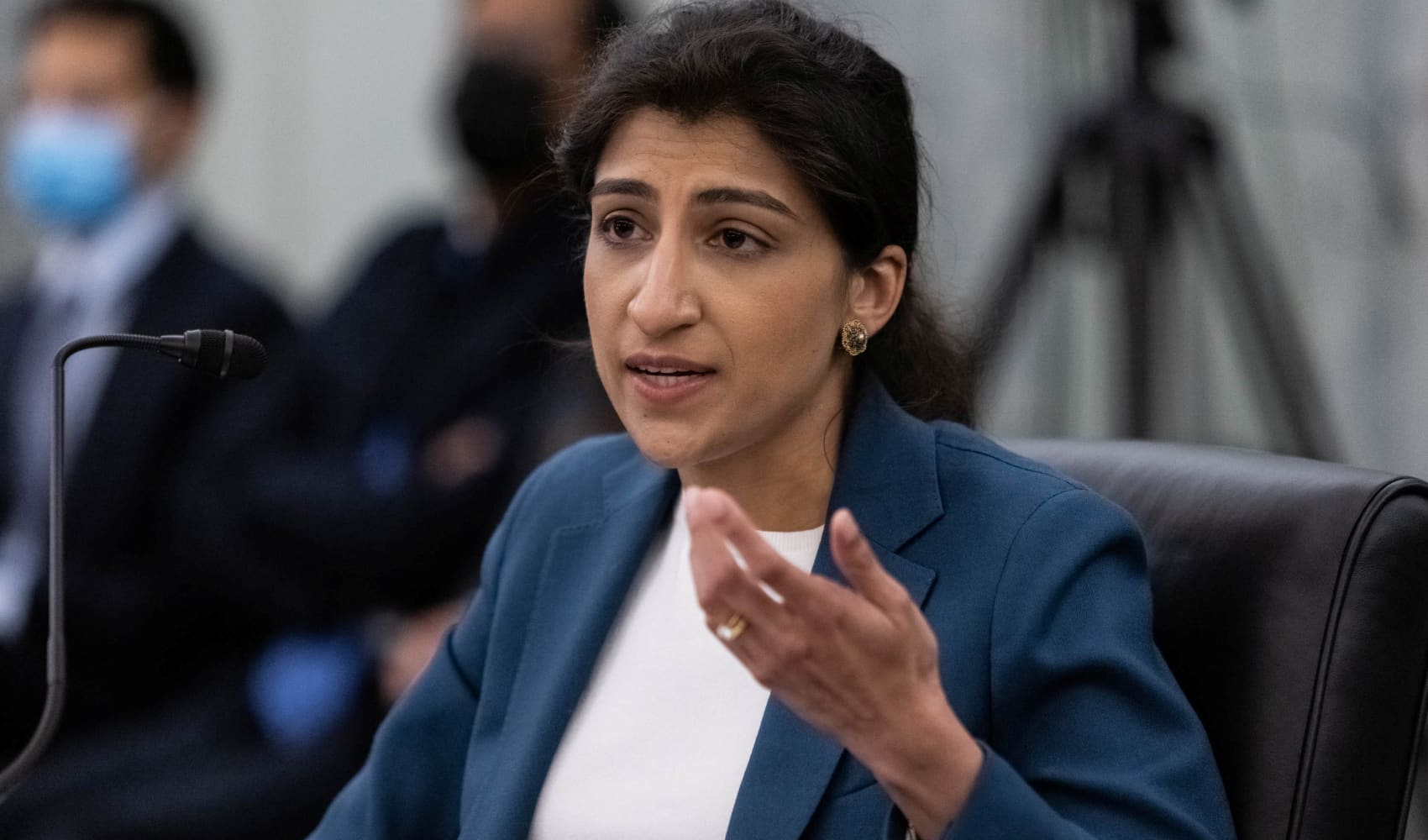
It's no surprise that Americans are ready to start spending as the Covid pandemic eases.
After being cooped up for a year, people are opening their wallets for anything from dining out to shopping for merchandise and vacations.
But will your buying spree bring you joy?
It depends, said researcher Elizabeth Dunn, PhD, chief science officer for financial technology firm Happy Money and author of "Happy Money: The Science of Happier Spending."
Feeling out of the loop? We'll catch you up on the Chicago news you need to know. Sign up for the weekly Chicago Catch-Up newsletter here.
As her book suggests, Dunn conducts research on spending and happiness. Everyone's needs are different, so she first advises you identify what purchases are making you happy, and which ones are not. It's also a good time to look back on what you discovered you could live without during the pandemic.
"So much of our spending is habitual," said Dunn, who is also a professor in the Department of Psychology at the University of British Columbia.
"I run to the coffee shop and buy a latte because that's what I did yesterday," she added. "We can stop and think, is this actually making me happy?"
Money Report
She also cautions about retail therapy — the idea that spending money on something material will help you feel better.
It could give you an immediate boost, but it may not be long-lasting, Dunn explained.
"Buying a lot of material things just doesn't seem to deliver much in the way of lasting happiness compared to some of these other purchases that we might make," she said.
Over a third of Americans engage in retail therapy, a new survey from U.S. News & World Report found. Of those who do, about 34% said they do it frequently and almost 51% said they don't have a budget.
If you have the money in your budget and you are looking to find joy when making purchases, here are five ways to do it.
Buy experiences
Research shows that people tend to get more happiness out of buying experiences rather than material things, Dunn said.
"Experiences tend to be more tightly connected to our sense of self," she explained.
"People feel that their experiential purchases contribute more to their life stories, are more unique to them."
More from Invest in You:
Before you start post-pandemic spending, make these money moves
7 ways to save money on travel this summer
As 'buy now, pay later' apps become more popular, be cautious
They are also less likely to exhibit buyer's remorse because experiences are relatively difficult to compare, whereas material things are easy to compare.
Plus, experiences tend to bring people together.
"Coming out of the pandemic, but also all the time, because we're human, when we are able to build and reinforce our connections with other people, that's a really important source of happiness," said Dunn.
Make it a treat

We get used to the things we have all the time, but when they're a treat, they tend to bring more happiness.
In one of Dunn's studies, participants were given chocolate. Those who gave it up for a week enjoyed it more than those who were able to have it every day, she said.
Identify things you originally enjoyed but now take for granted.
"Just taking a break from them can be a way to both cut down on spending, while also potentially increasing our happiness," Dunn said.
Since the pandemic forced a break from many of our habitual purchases, it's a good opportunity to bring each one back one at a time, Dunn suggests.
Buy time
One underutilized strategy for increasing happiness is spending money to get more time in your daily life.
"People who use their money to buy their way out of the things they hate doing are happier than those who don't," Dunn said.
That can mean hiring a cleaning person or family helper to run errands.
Pay now, consume later

If you pay in advance for an experience you are doing in the future, you get to capitalize on a pleasurable period of anticipation, Dunn said.
"When we invest in our future selves, when we sort of pay upfront for things we're going to enjoy later, that does seem to be at least 'correlationally' linked to better financial outcomes, as well."
Invest in others
When Dunn was conducting experiments on how happy people were when you gave them money, she realized the givers also felt good.
"What we've discovered is that people were actually getting more happiness out of money that they used to benefit others, than money that they used to benefit themselves," she said.
SIGN UP: Money 101 is an 8-week learning course to financial freedom, delivered weekly to your inbox.
CHECK OUT: I used to owe $40,000 and now I’m on track to retire at 65 with over $1.5 million: Here’s my best advice via Grow with Acorns+CNBC
Disclosure: NBCUniversal and Comcast Ventures are investors in Acorns.






